Critical Thinking Reading Worksheets for Ages 4-9
67 filtered results
-
From - To
Unlock the power of critical thinking with our engaging Reading Worksheets, designed for children ages 4-9. These interactive resources encourage young learners to analyze, infer, and evaluate information in entertaining ways. Our thoughtfully crafted worksheets help develop essential reading skills while fostering curiosity and creativity. From comprehension quizzes to open-ended questions, each activity encourages children to think deeply and express their ideas. Ideal for classroom or home use, our Critical Thinking Reading Worksheets promote lifelong learning and enhance cognitive skills. Explore our collection today and support your child's journey to becoming a confident and critical reader!
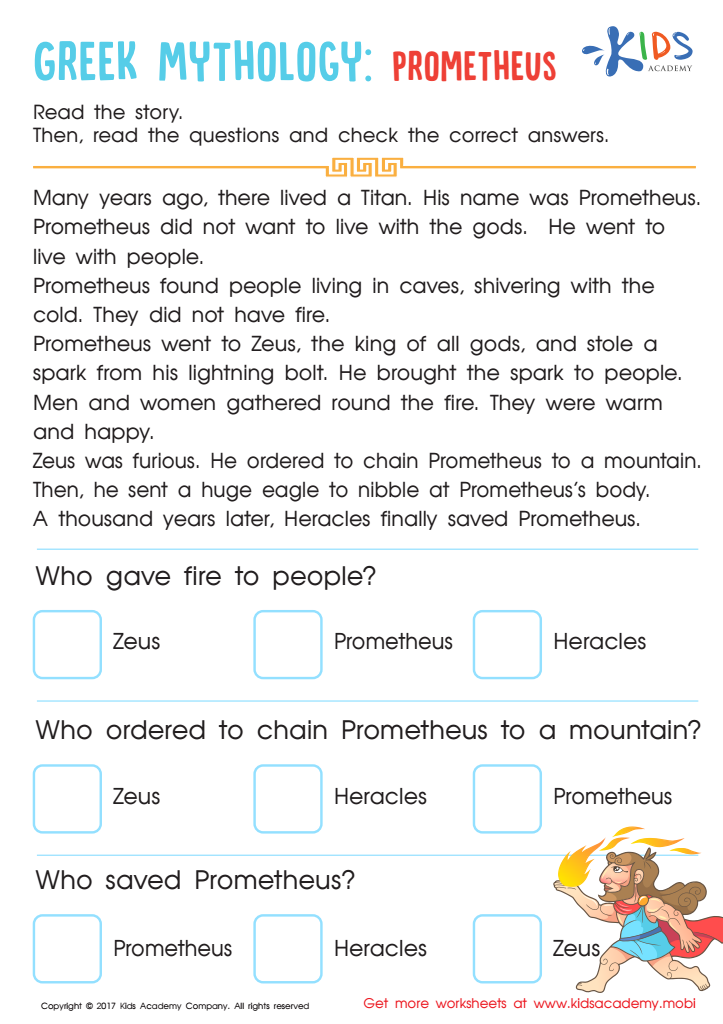

Prometheus Story Worksheet
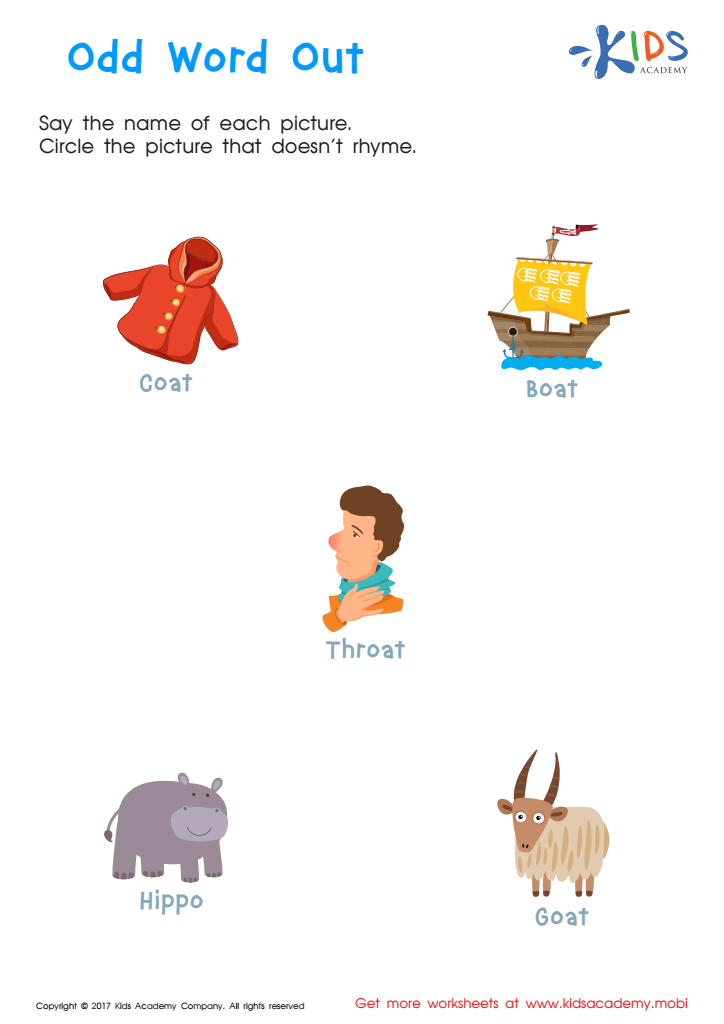

Odd Word Out Rhyming Worksheet
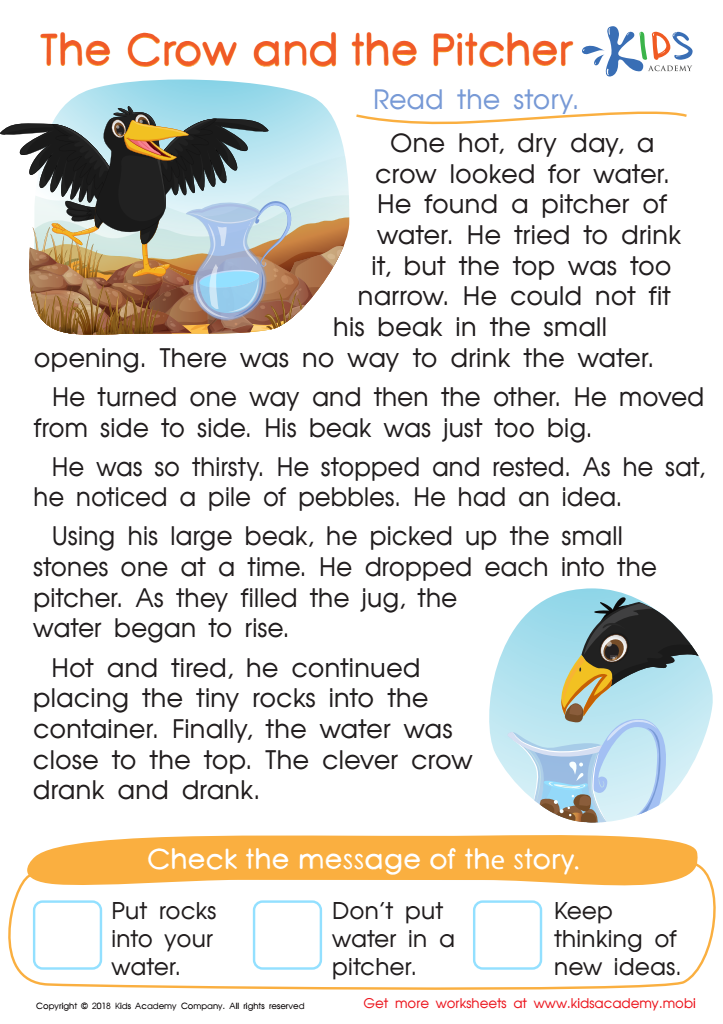

The Crow and the Pitcher Worksheet
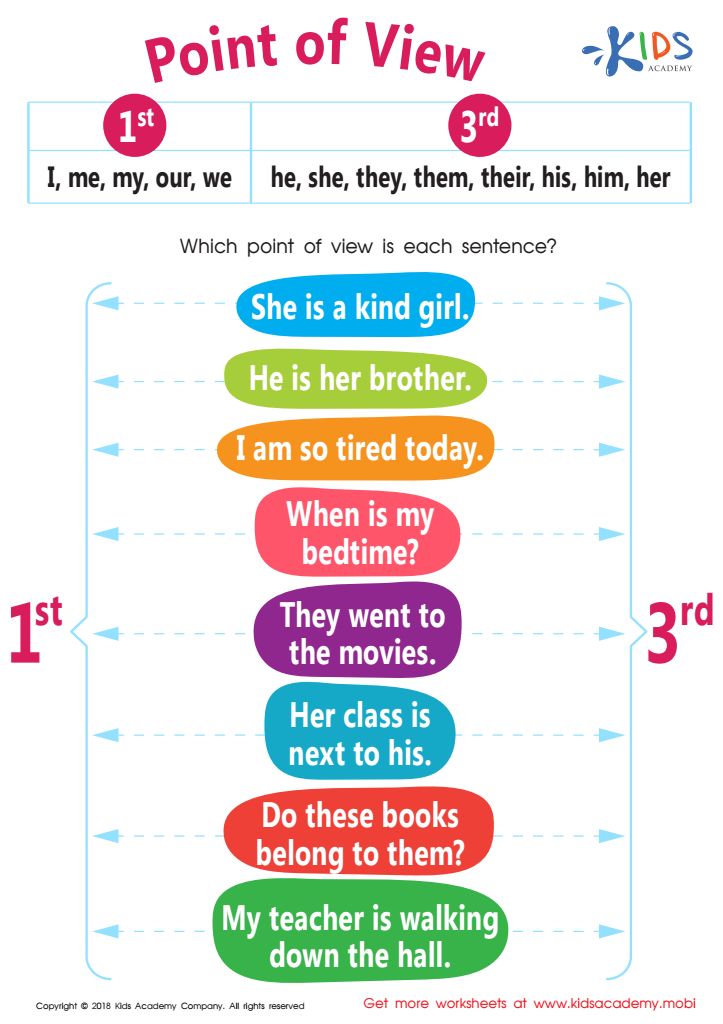

Point of View Worksheet
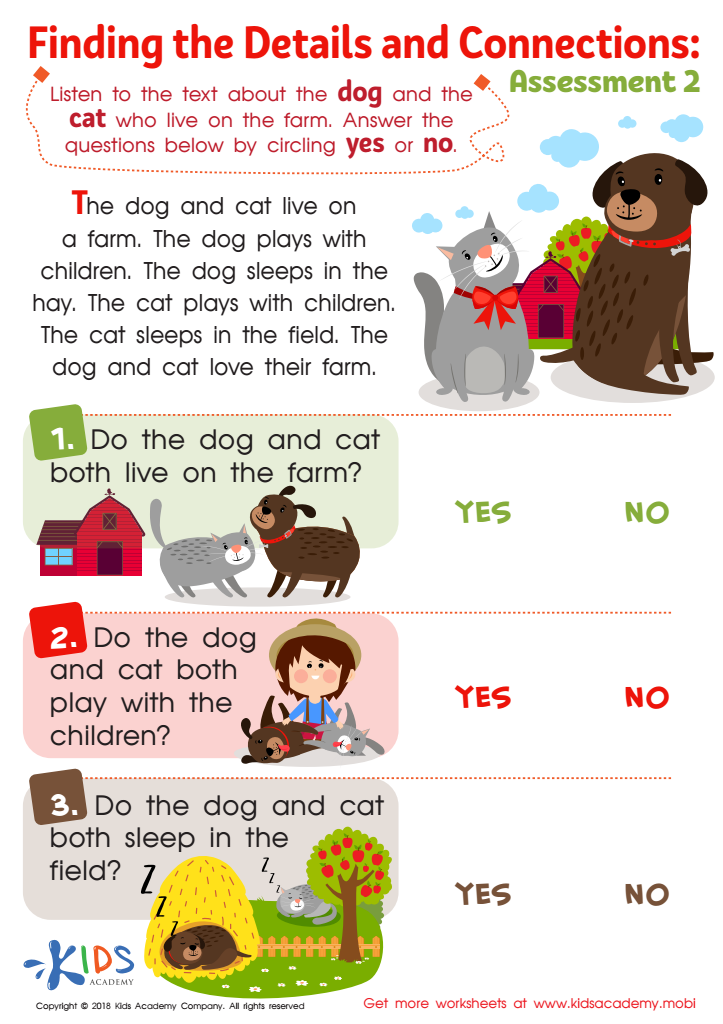

Finding the Details and Connections: Assessment 2 Worksheet
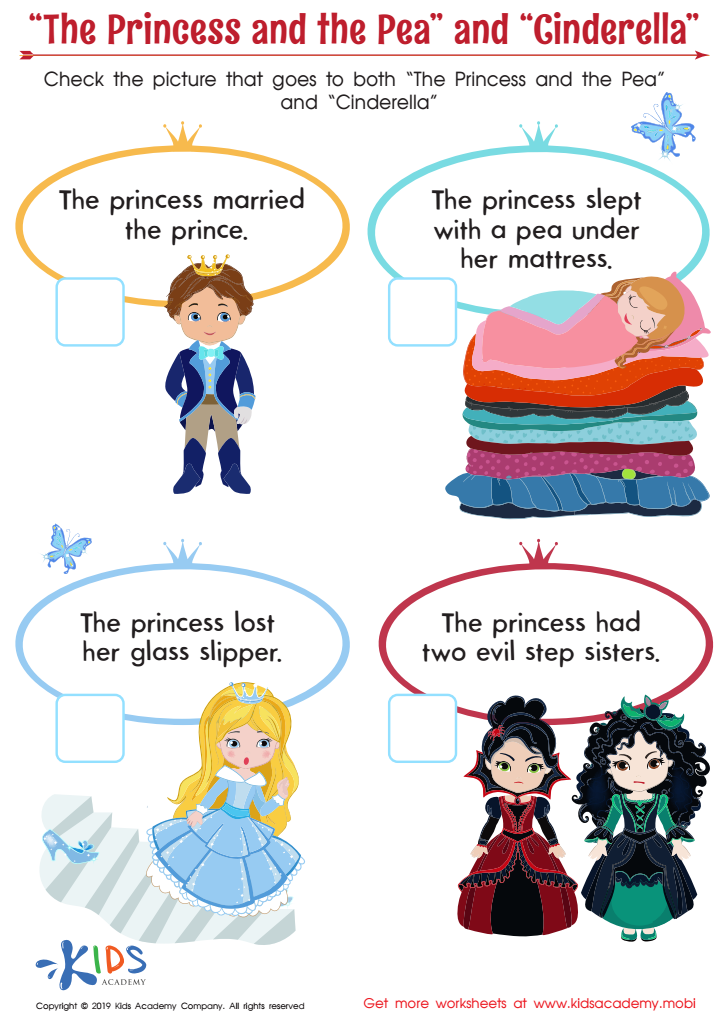

“The Princess and the Pea” and “Cinderella” Worksheet
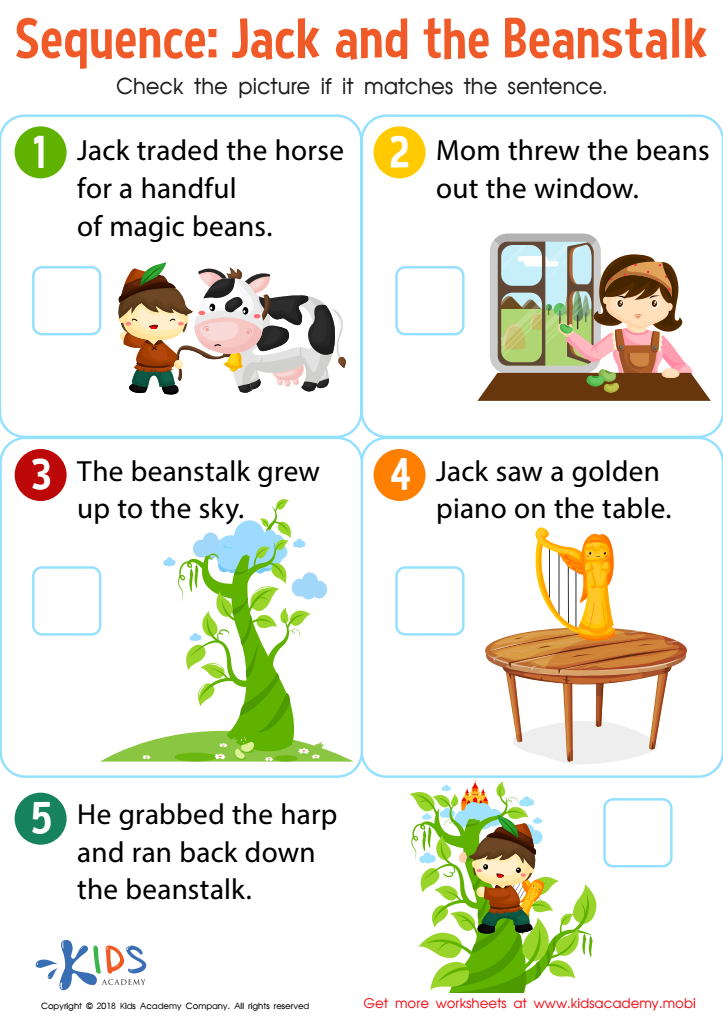

Sequence: Jack and The Beanstalk Worksheet
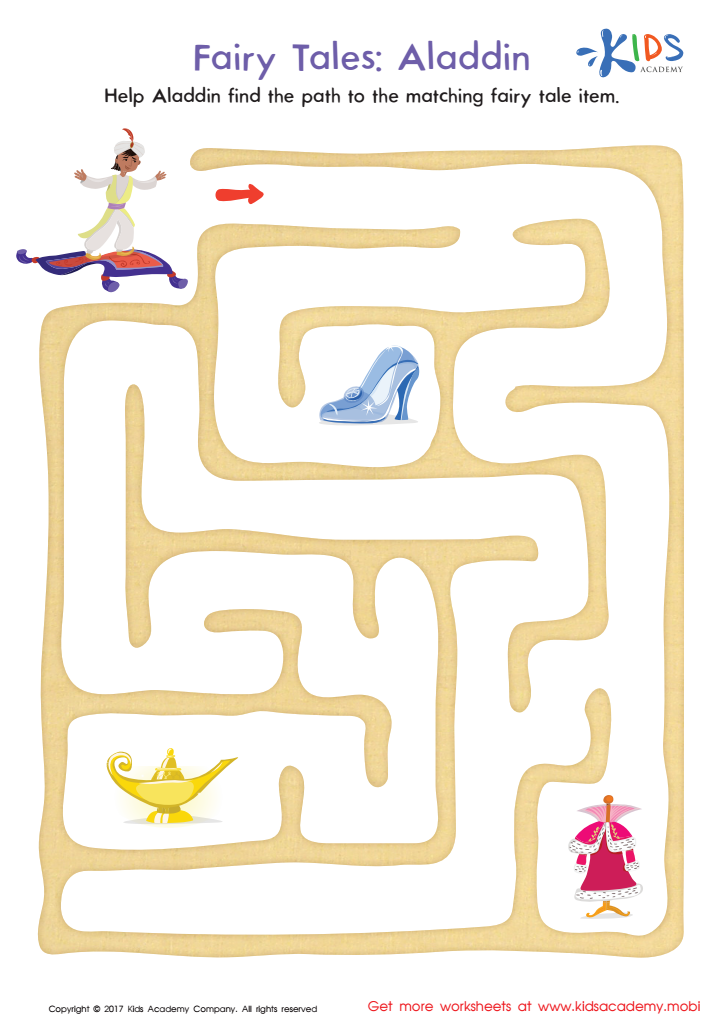

Fairy Tales Aladdin Printable
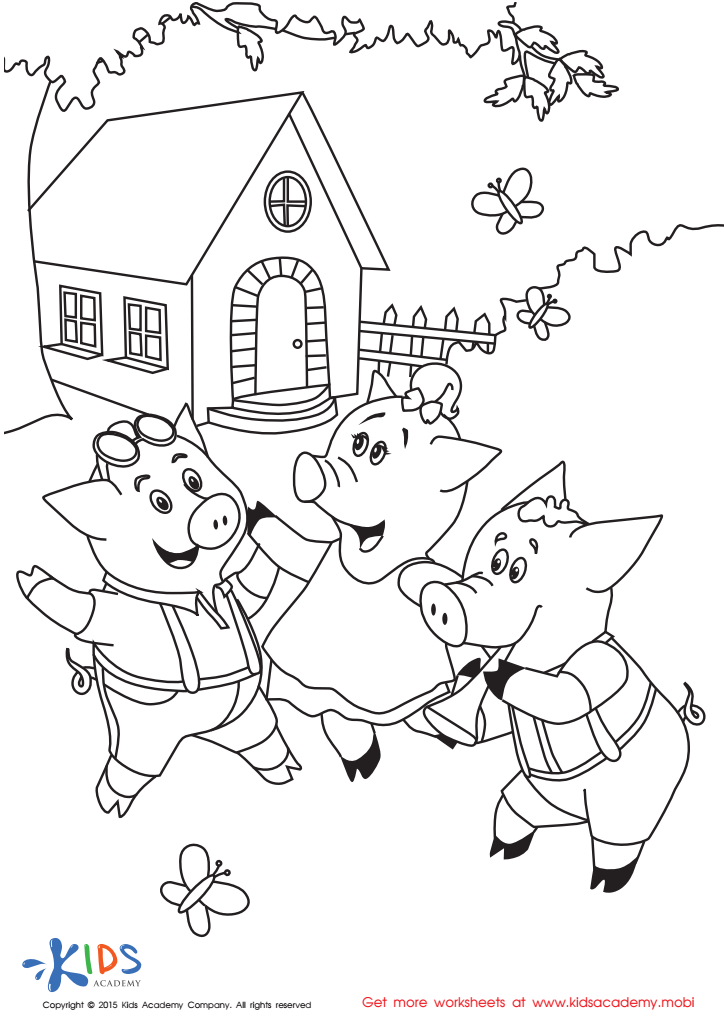

Folktales Printable PDF Worksheet: The 3 Little Pigs
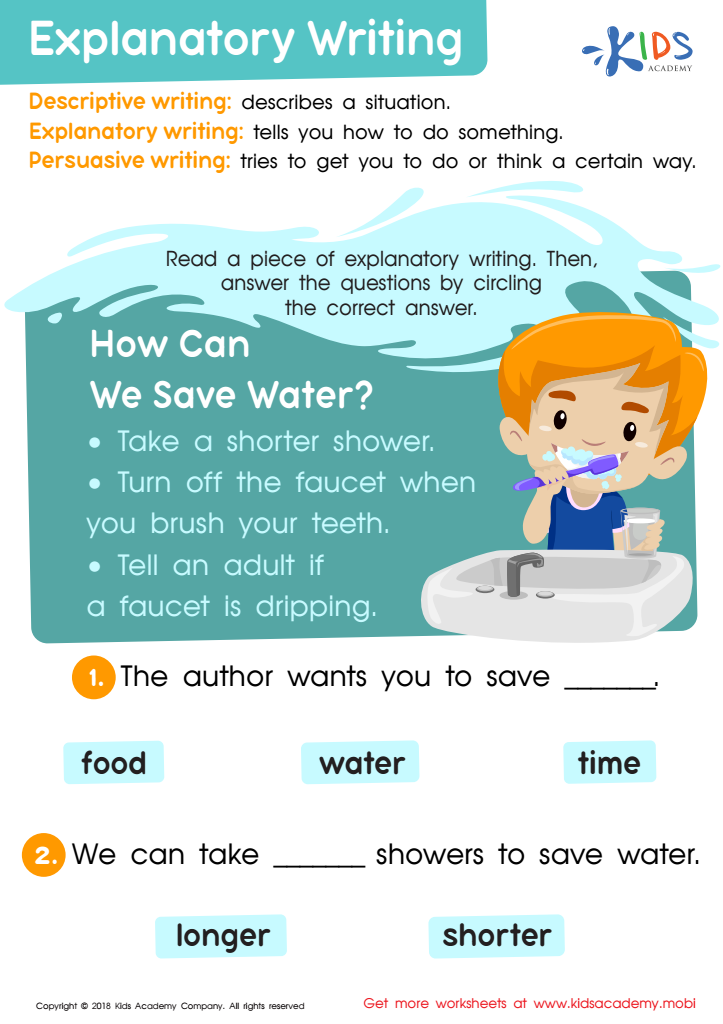

Explanatory Writing Worksheet
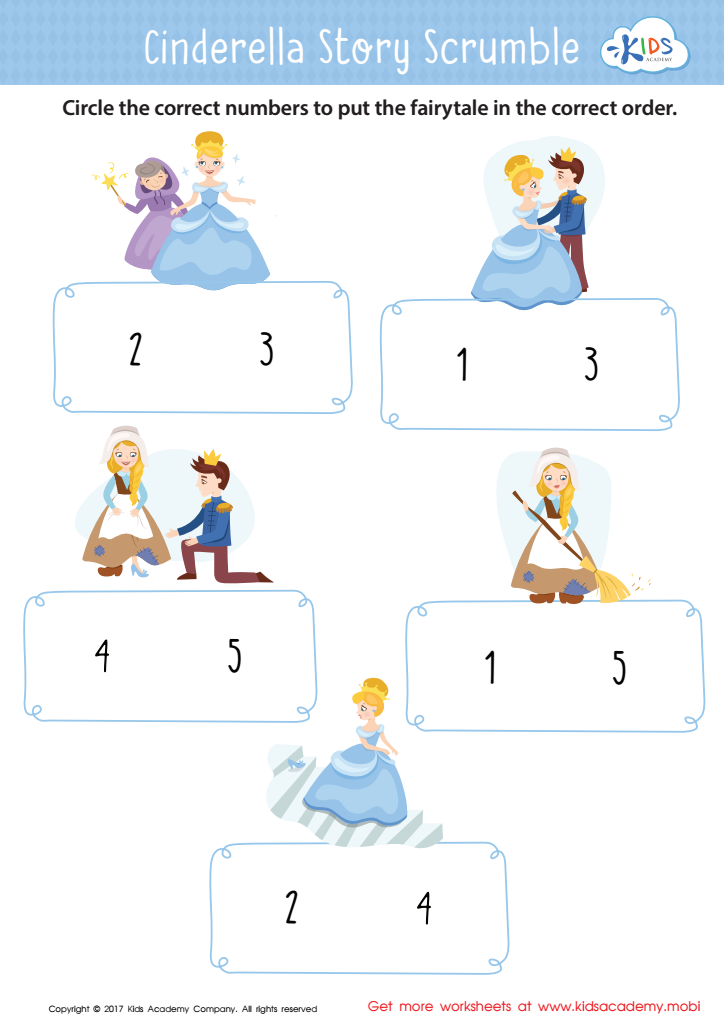

Cinderella Story Sequencing Worksheet
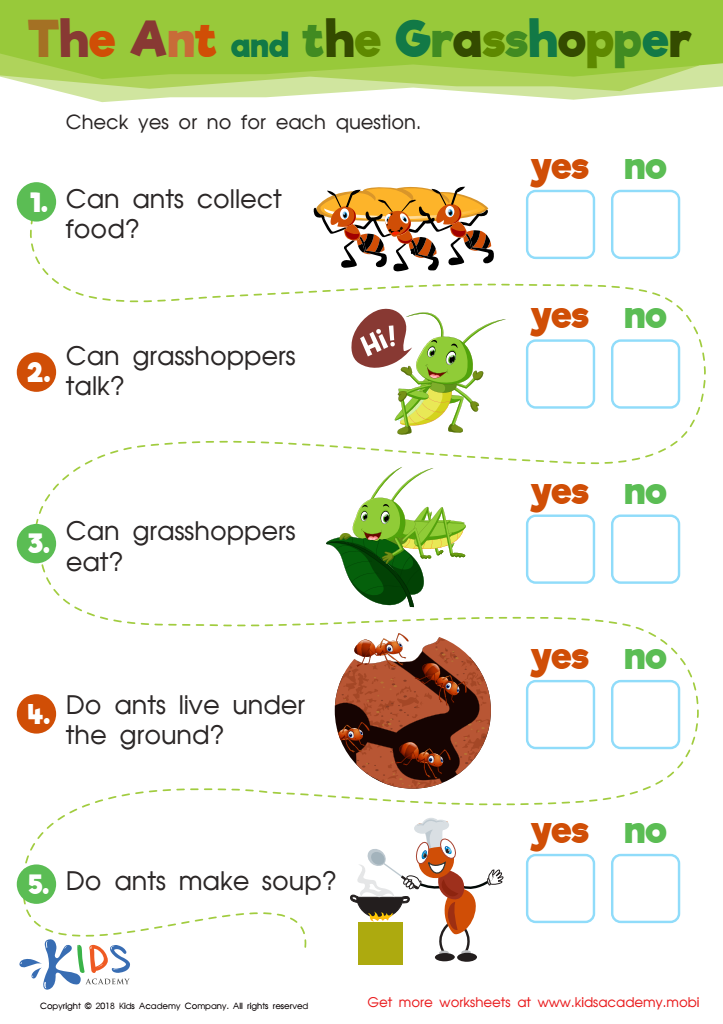

The Ant and The Grasshopper Worksheet
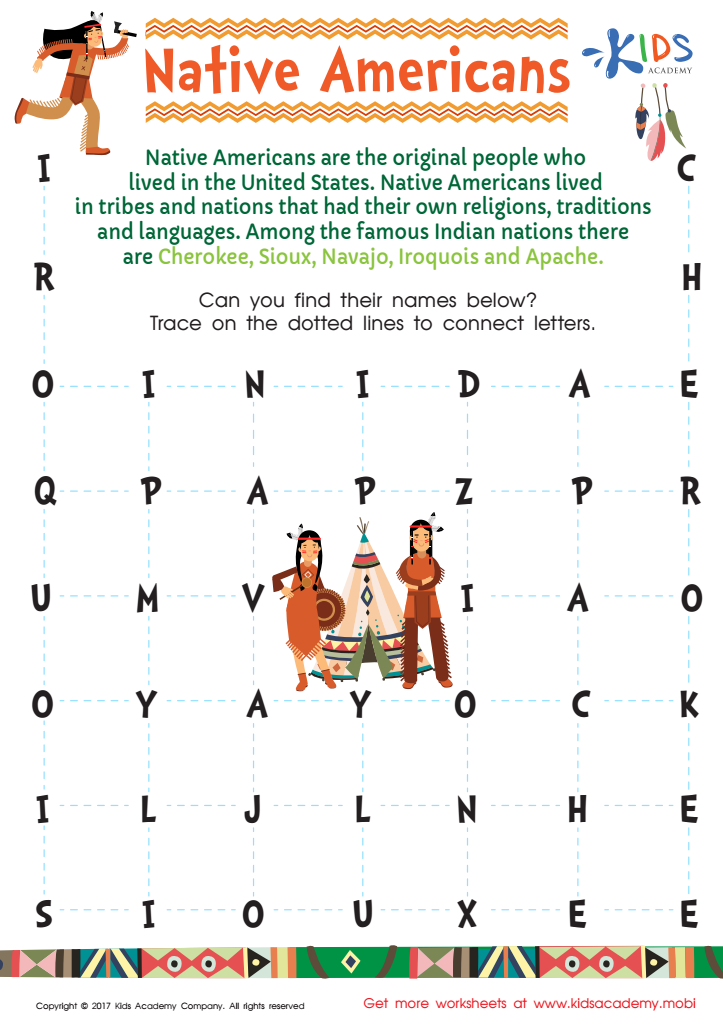

Native American Word Search Printable
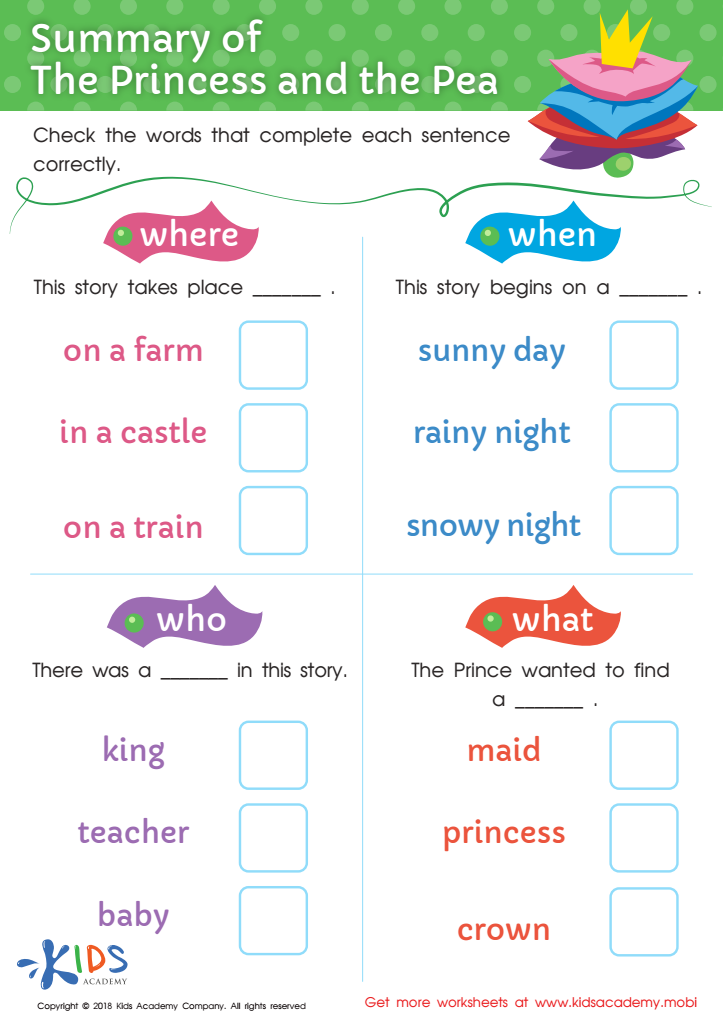

The Summary of the Princess and the Pea Worksheet
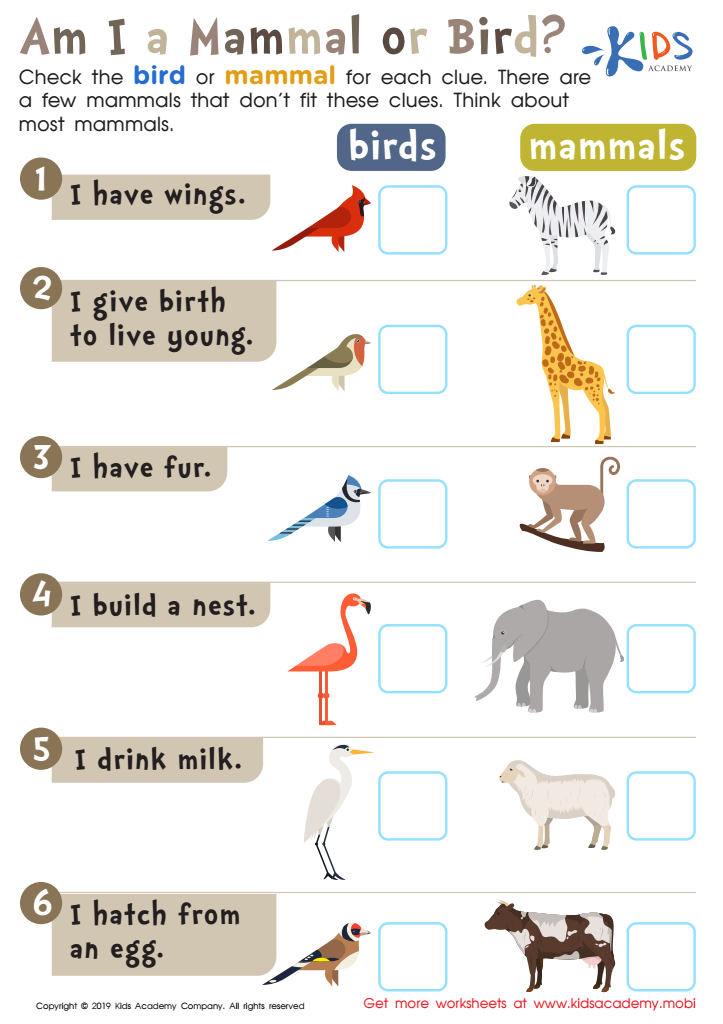

Am I a Mammal or Bird? Worksheet
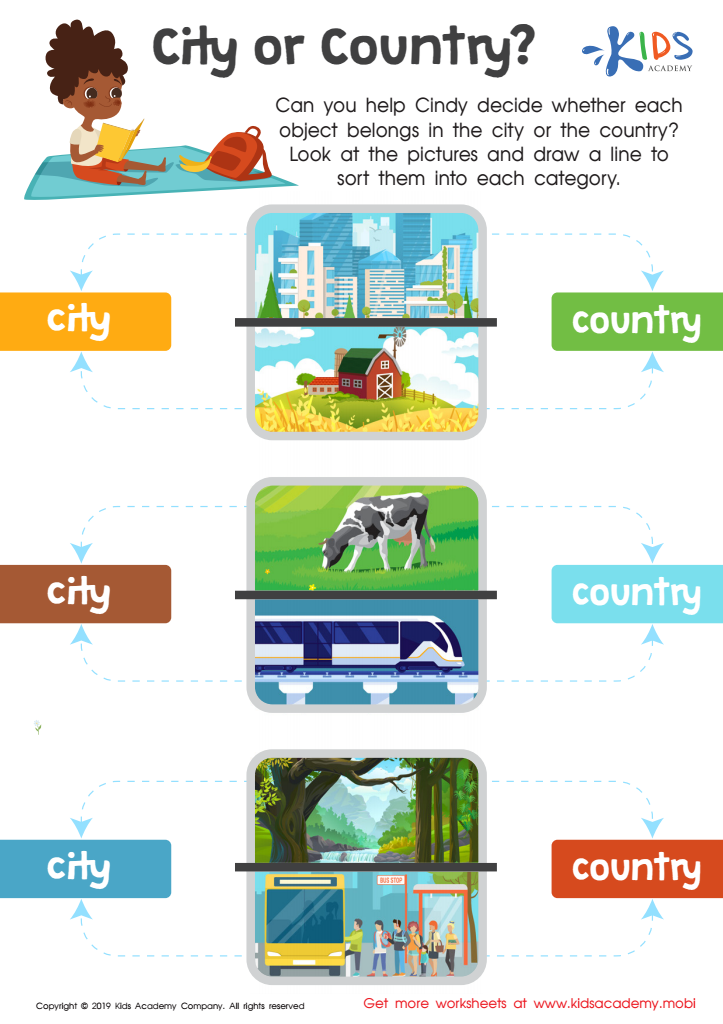

City or Country? Worksheet
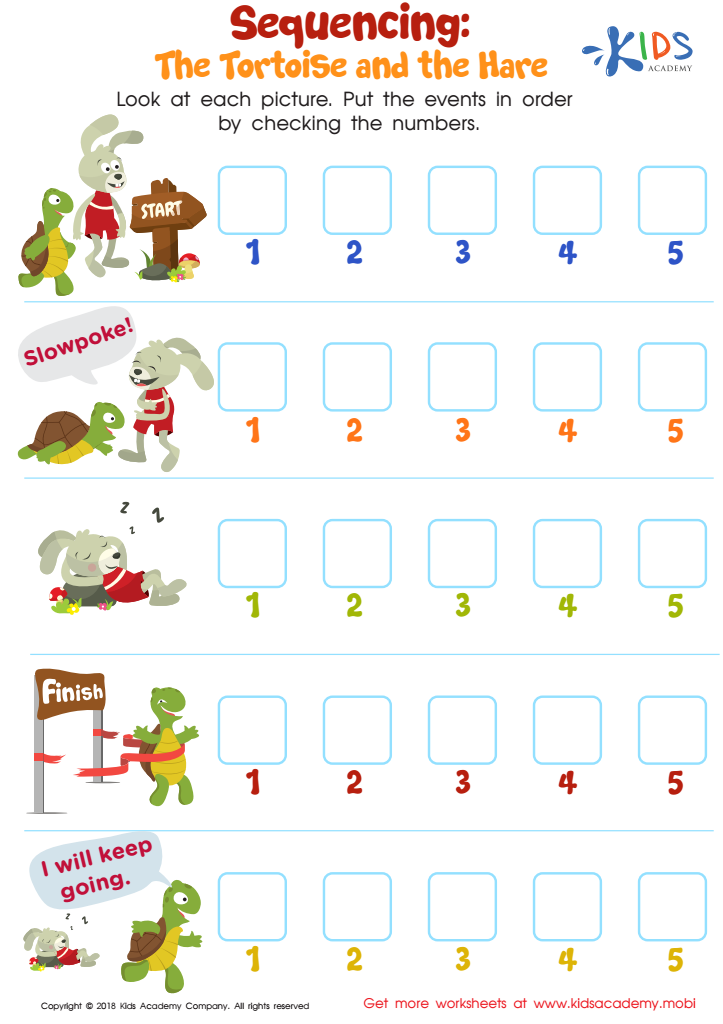

Sequencing: The Tortoise and the Hare Worksheet
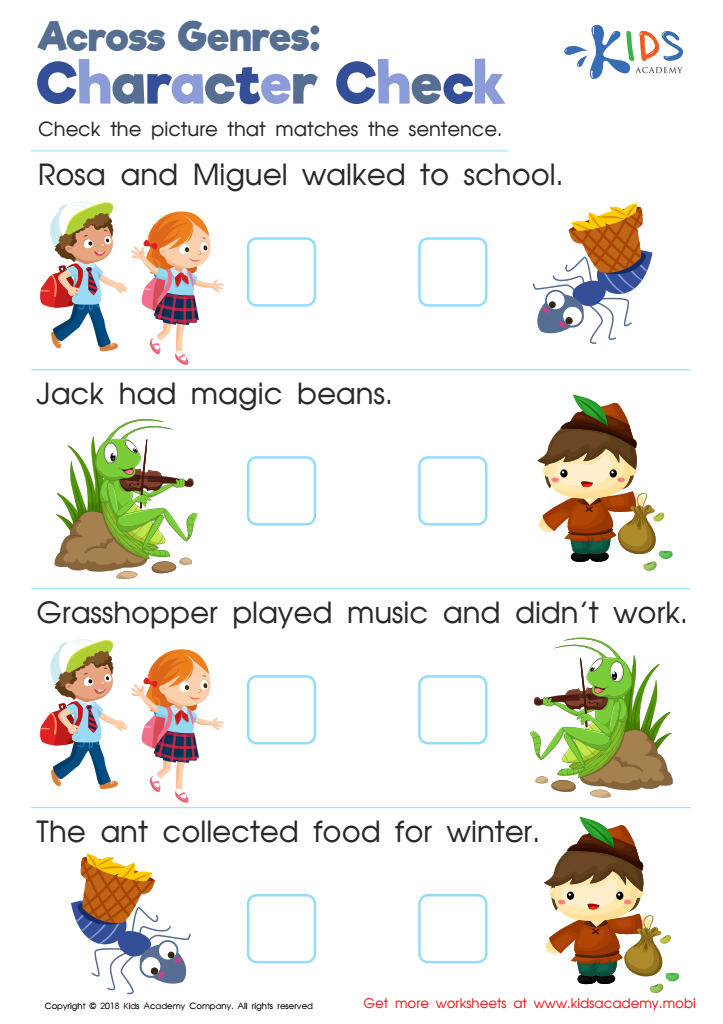

Across Genres: Character Check Worksheet
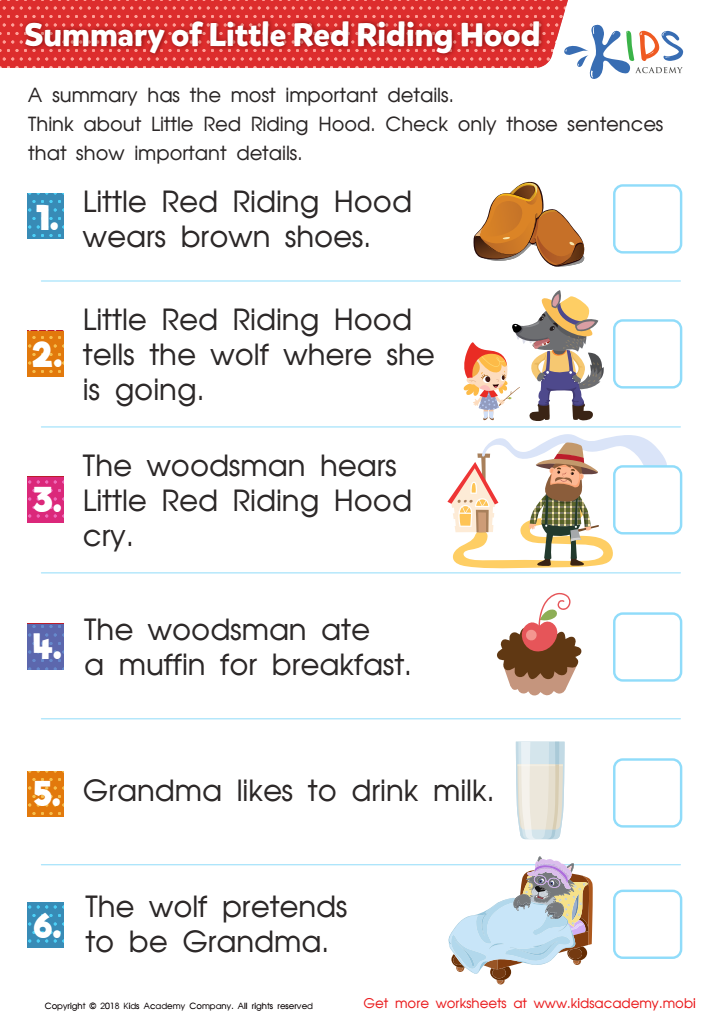

Summary of Little Red Riding Hood Worksheet
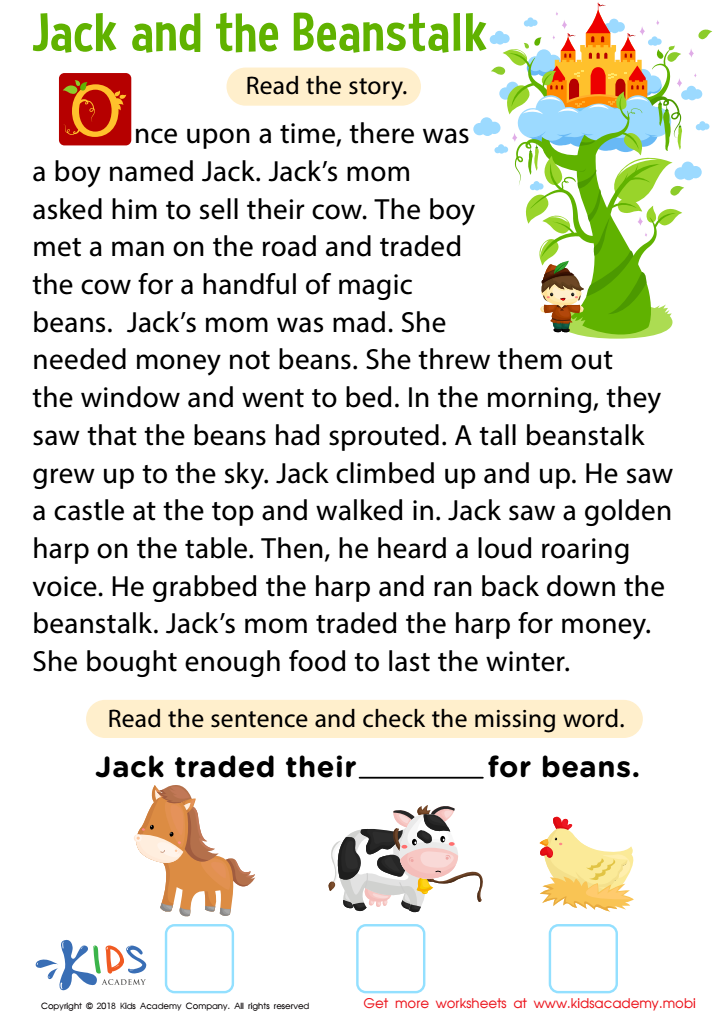

Jack and Beanstalk Worksheet
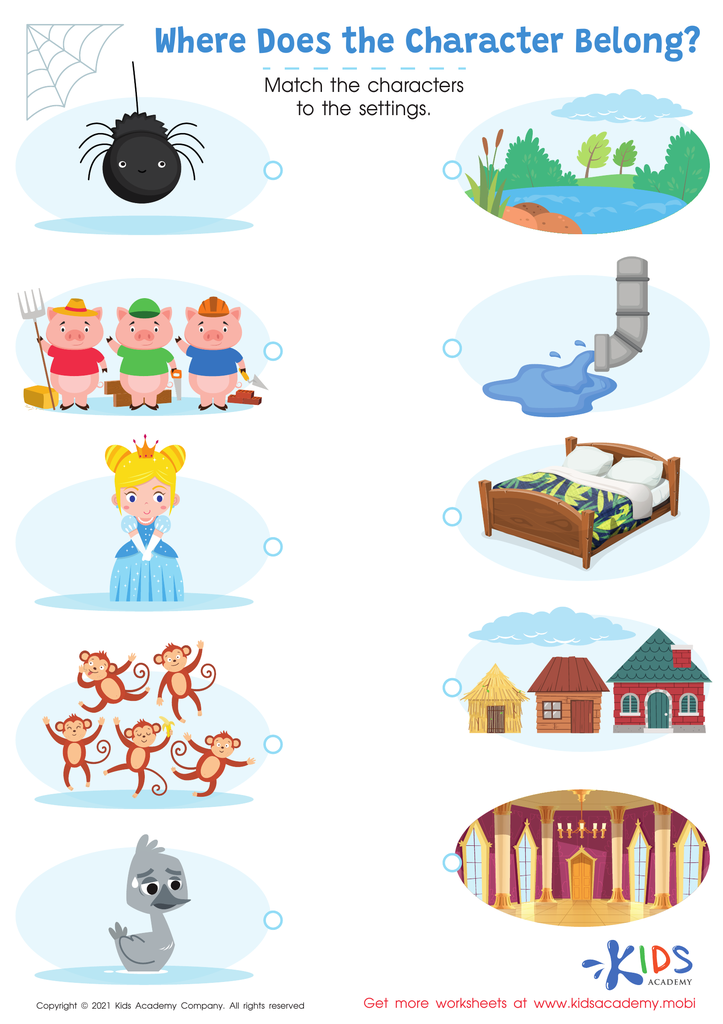

Where Does the Character Belong? Worksheet
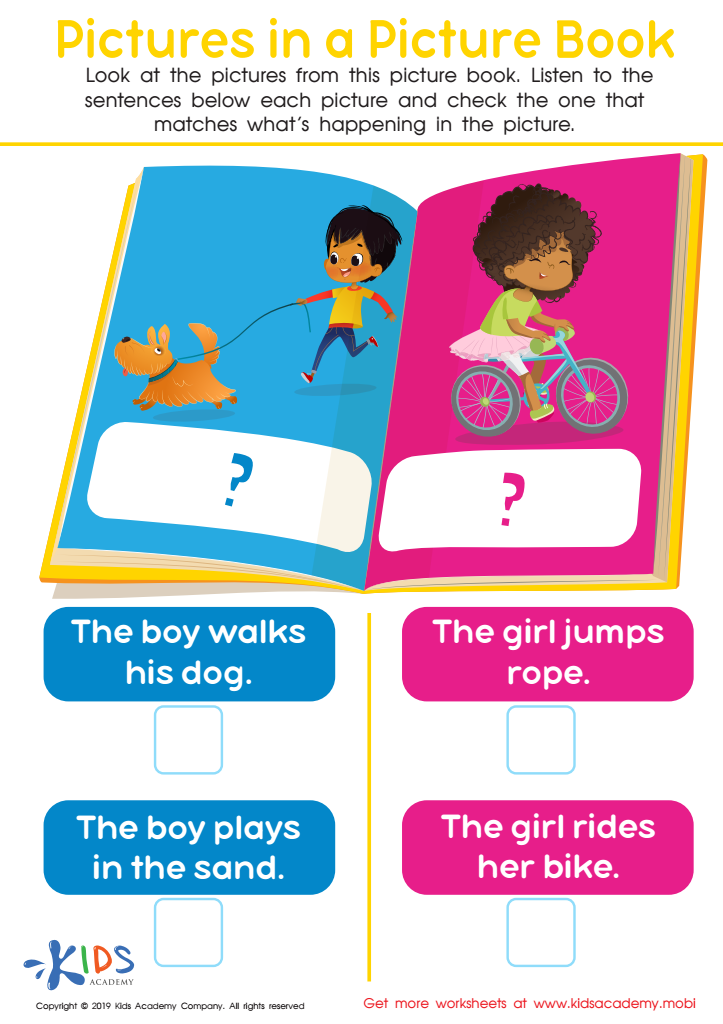

Picture in Books Worksheet
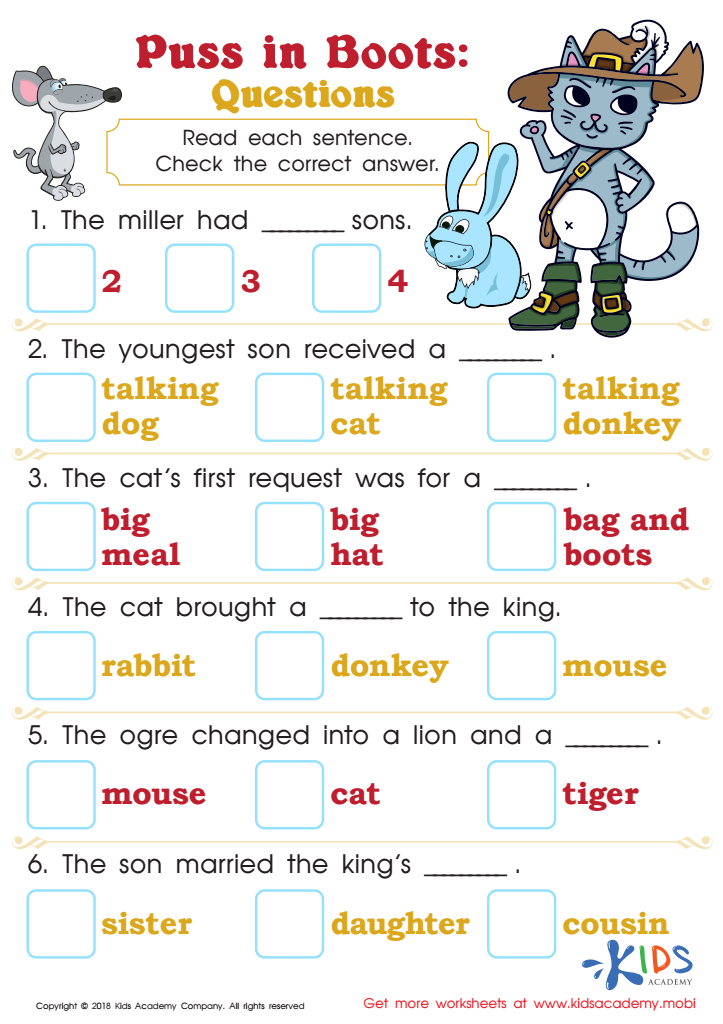

Puss in Boots: Questions Worksheet
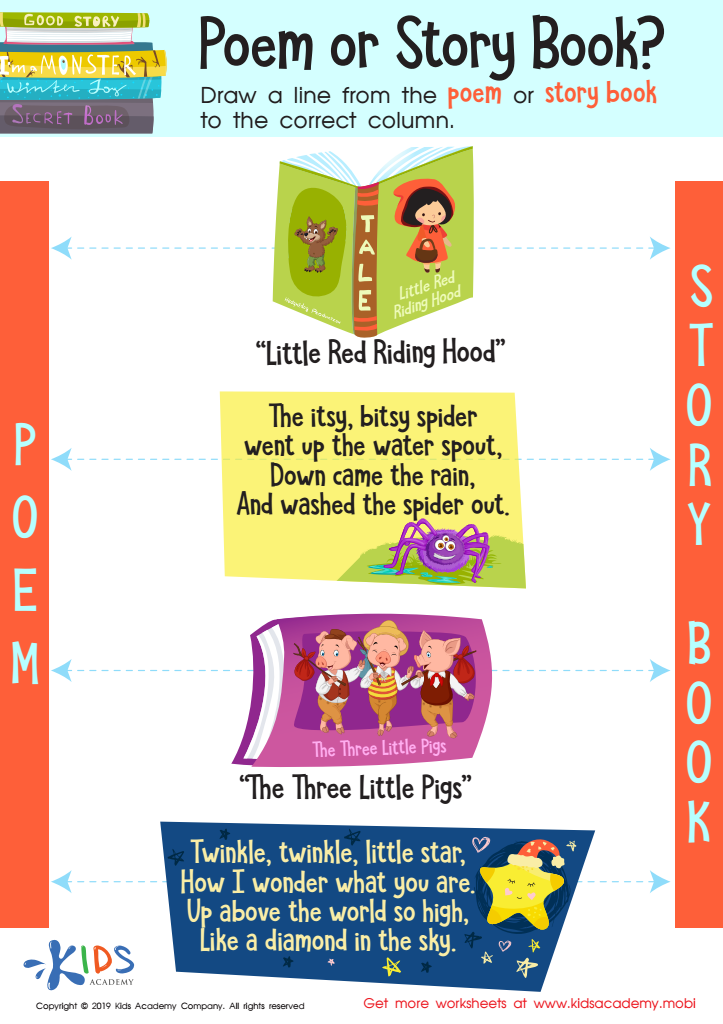

Poem or Story Book? Worksheet
Critical thinking reading is essential for children aged 4-9 as it lays the foundation for future academic success and everyday decision-making. At this pivotal developmental stage, children are increasingly able to analyze information and form opinions. Parents and teachers should prioritize critical thinking in reading because it enhances comprehension skills. When children learn to question what they read and identify different perspectives, they engage more deeply with the text, leading to a richer understanding of the material.
Encouraging critical thinking also fosters curiosity and creativity. Literature often presents diverse themes and scenarios that stimulate children’s imagination and encourage them to explore "what if" questions. This analytical approach nurtures their ability to solve problems and make reasoned judgments in various situations, equipping them for real-world challenges.
Additionally, engaged readers build stronger vocabulary and language skills, which are crucial for effective communication. In a rapidly changing world, these skills empower children to navigate complexities with confidence. Promoting critical thinking reading from an early age prepares children not just academically but also socially and emotionally, leading to well-rounded, resilient individuals. By investing in their critical thinking skills now, parents and teachers can play an essential role in shaping thoughtful, informed future adults.

 Assign to My Students
Assign to My Students




















